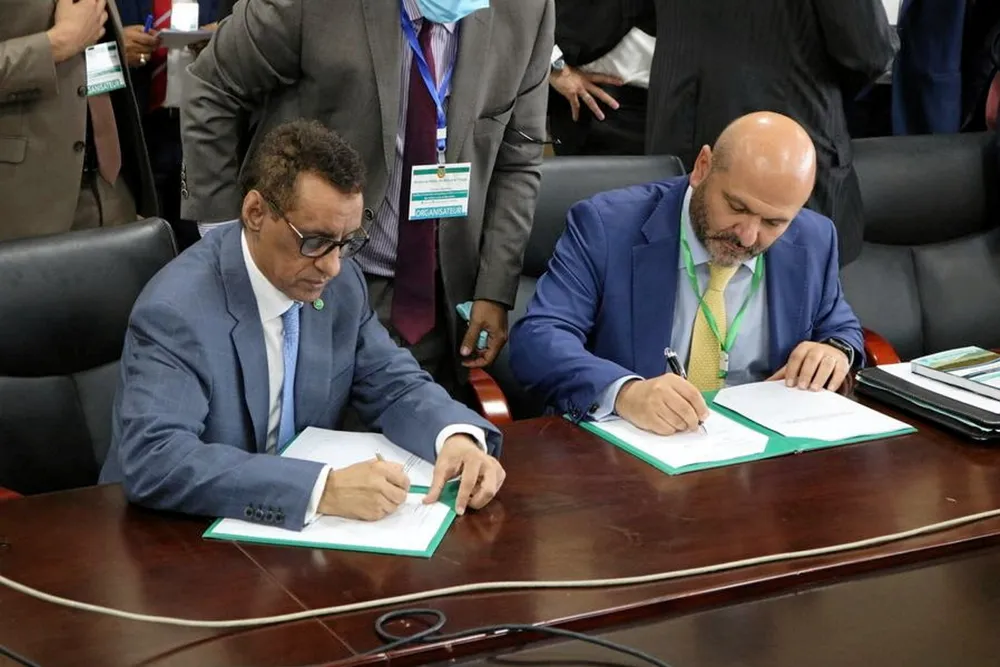Mauritania details ambitious drive to exploit huge gas, solar and wind resources
Natural gas is key to country’s industrialisation as it becomes ‘reliable’ exporter of LNG and hydrogen and provides power to all citizens

Natural gas is key to country’s industrialisation as it becomes ‘reliable’ exporter of LNG and hydrogen and provides power to all citizens
